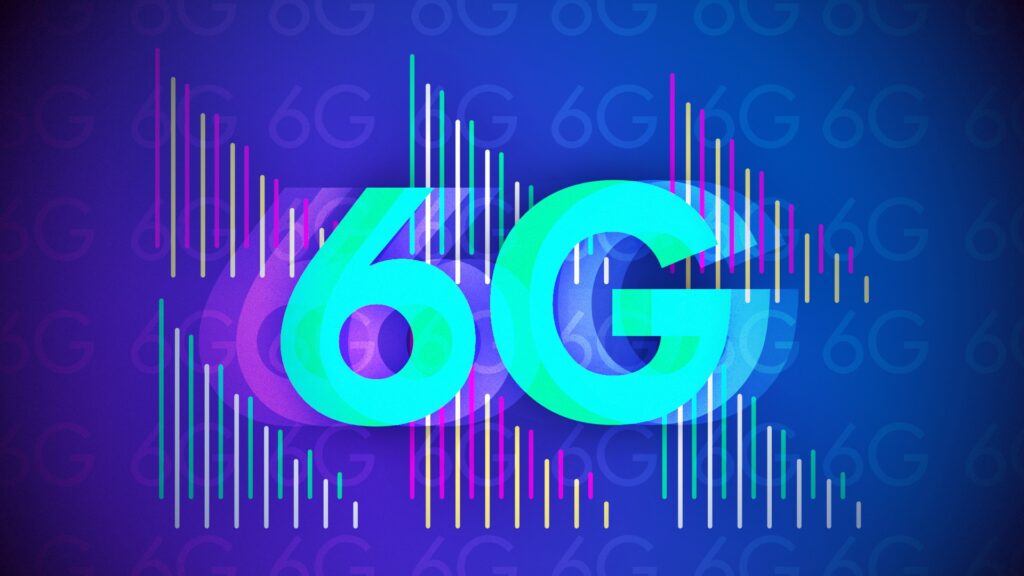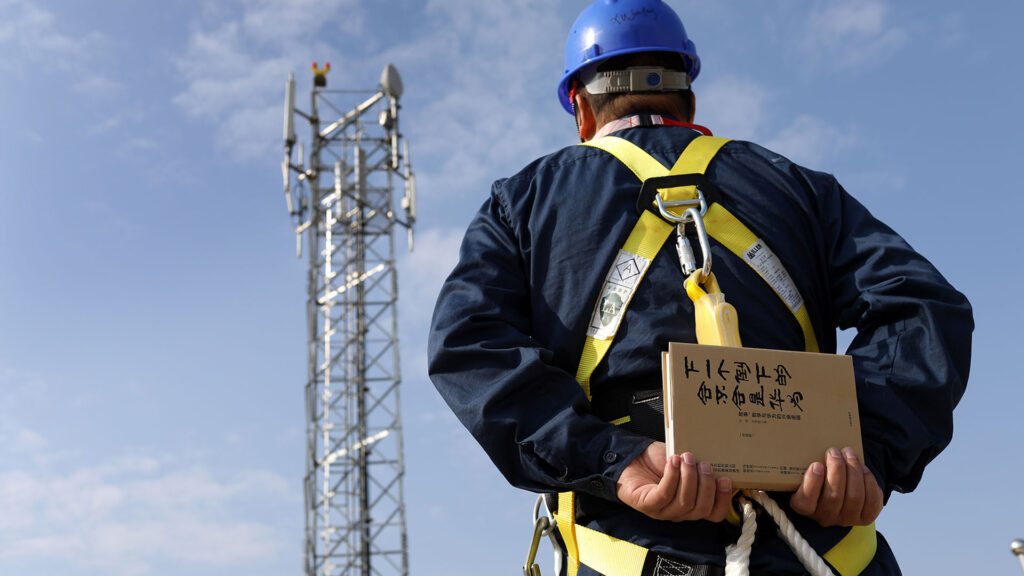Ten countries, including the United States and France, have established six principles for 6G, which will arrive after 2030. China, despite its weight in the telecoms industry, is absent. The reflection of a geopolitical reality.
The development of 6G, which will one day succeed 5G, cannot be reduced to technical considerations. It also has a whole political component. Western powers have just demonstrated this at the end of February, with the publication of a joint declaration establishing “ the principles of 6G. » There are six of them.
These six provisions cover themes of interoperability, openness, resilience, technical efficiency, sustainability, but also protection of privacy and accessibility. But above all, this framework invites us to create a 6G “ of confidence in the service of national security. » Details are given on the White House website.

The United States is among the signatories of this declaration. Alongside them, we find nine other countries, most of them Western: Australia, Canada, Finland, France, the Czech Republic, the United Kingdom and Sweden. Two exceptions: South Korea and Japan, two Asian countries which are nevertheless very close to the West.
These states bring together some of the main equipment manufacturers in the telecoms sector – which are already very active in 5G and which are gradually pivoting towards the next generation. We can mention Sweden (Ericsson), Finland (Nokia), Korea (Samsung, LG) or the United States (Cisco, Qualcomm).


A major absentee: China
But this list is also enlightening with regard to the nations absent from this declaration. Among the states that matter and whose industries will influence the post-5G era, there is China. However, there is no trace of the Middle Kingdom in the French or American press releases. However, Beijing is also in the race for 6G.
In November 2020, we remember that the country made headlines with the launch of an experimental 6G satellite. Jiangsu University has also set up a research group. Finally, the major equipment manufacturers Huawei and ZTE are also in the starting blocks, like the country’s operators.


The absence of China in this joint declaration reflects a divide with the West – which came to light with the deployment of 5G. Washington has put a lot of pressure on its allies to encourage them to turn away from Huawei to install this new generation of mobile telephony, arguing the risks of espionage for the benefit of Beijing.
Beyond these geopolitical issues, there is also an international competition at play. “ We see that positions are taken extremely early, that standards are defined extremely early. France and Europe must therefore be able to be there for the arrival of 6G », Launched Cédric O, the former Secretary of State in charge of digital affairs, in 2021.
Do you want to know everything about the mobility of tomorrow, from electric cars to e-bikes? Subscribe now to our Watt Else newsletter!
